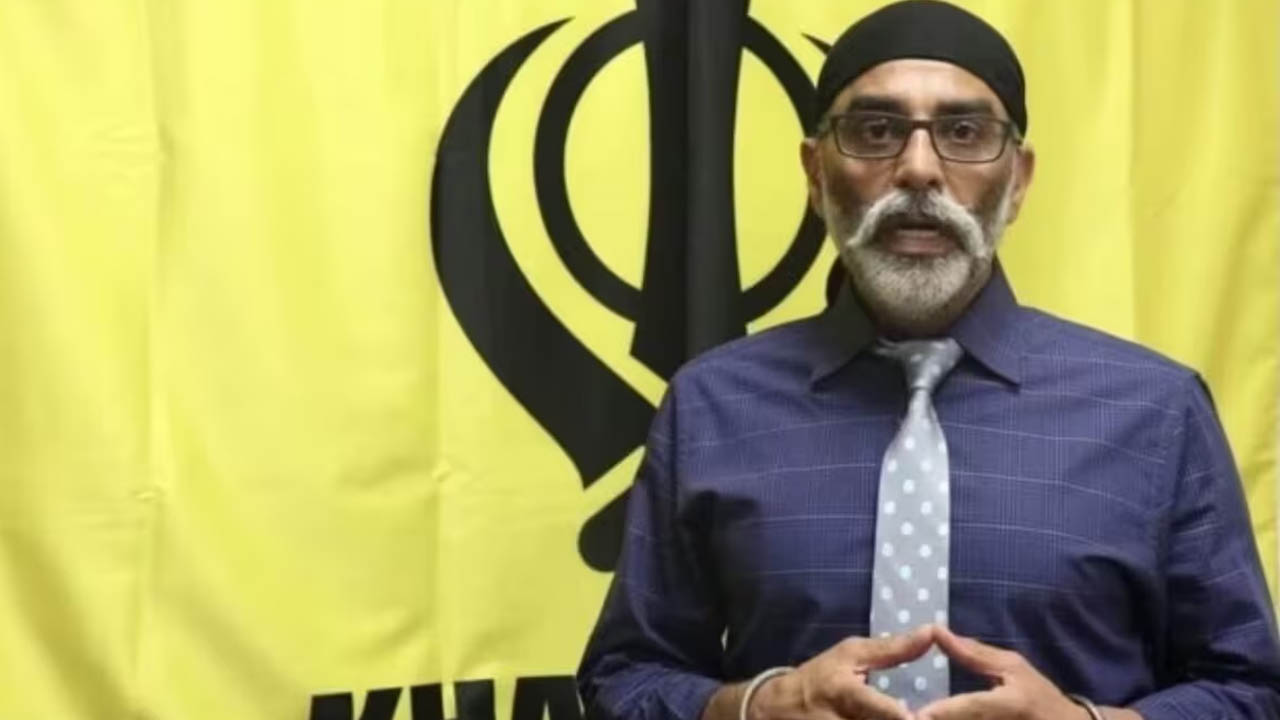Russia rubbished US allegations of India’s involvement in the foiled assassination attempt of India-designated Khalistani terrorist Gurpatwant Singh Pannun.
· The Russian foreign ministry accused the US of having a “neo-colonial mentality” and called the allegations unfounded.
· Zakharova termed the allegations as a ploy to interfere in India’s ongoing Lok Sabha elections to undermine the internal political situation and complicate the parliamentary elections.
· A media report claimed that an officer in India’s spy wing, had relayed final instructions to a “hired hit team” to carry out the assassination of the Khalistani separatist.
· The External Affairs Ministry rejected the US media report, dubbed it “unwarranted and unsubstantiated imputations on a serious matter” at a time when New Delhi is investigating the issue.
· The White House and the US State Department have said the foiled murder plot is being taken seriously and expected accountability from India.
· Notably, Pannun, a most wanted terrorist in India, is the general counsel of Sikhs for Justice, a group that New Delhi labelled an “unlawful association” in 2019.
In a recent diplomatic confrontation regarding the foiled assassination attempt of India-designated Khalistani terrorist Gurpatwant Singh Pannun, Russia has vehemently opposed the United States’ accusations implicating Indian involvement. The Russian foreign ministry has raised significant objections to Washington’s failure to present substantial evidence, casting doubt on the credibility of the allegations and accusing the US of displaying disrespect towards India as a sovereign state.
Maria Zakharova, spokesperson for the Russian Foreign Ministry, expressed profound skepticism regarding the assertions made by the Washington Post, emphasizing the glaring absence of reliable evidence linking Indian citizens to the attempted assassination. Zakharova categorically denounced the speculative nature of these claims, contending that such unfounded accusations were utterly unacceptable in the absence of concrete proof.
Moreover, Zakharova condemned what she perceived as a recurring pattern of baseless accusations by the United States against India. She suggested that these allegations reflected a profound misunderstanding of India’s national context and historical development, characterizing them as manifestations of a neo-colonial mindset reminiscent of past periods of imperialism and colonialism. The Russian spokesperson further accused the US of engaging in attempts to interfere in India’s internal political affairs, particularly during its Lok Sabha elections, insinuating that such actions were aimed at destabilizing the country’s democratic processes.
Central to the issue is a report by the Washington Post, alleging the involvement of an officer from India’s intelligence agency, the Research and Analysis Wing (RAW), in orchestrating the assassination plot against Pannun. However, India promptly rebuffed these claims, denouncing them as baseless and unsubstantiated. The Indian External Affairs Ministry reiterated its unwavering commitment to investigate the matter thoroughly, emphasizing the imperative of responsible discourse and refraining from indulging in speculative comments.
The US State Department and the White House have underscored the gravity of the foiled murder plot, calling for accountability from India. State Department spokesperson Matthew Miller urged India to conduct a comprehensive investigation into the allegations. Nonetheless, India remains steadfast in its denial of any involvement in the plot, reaffirming its commitment to combating terrorism within its borders.
Gurpatwant Singh Pannun, designated as a most-wanted terrorist by India, serves as the general counsel for Sikhs for Justice, an organization deemed unlawful by the Indian government due to its alleged involvement in extremist activities. The sensitive nature of the issue has profound implications for both India and the Biden administration, as they navigate their bilateral relationship amidst shared concerns about China’s burgeoning influence.
The US Justice Department has implicated an Indian government employee (referred to as CC-1) in recruiting an individual named Nikhil Gupta to orchestrate the assassination plot. Gupta, currently in custody in the Czech Republic awaiting extradition to the US, faces trial for his alleged involvement in the conspiracy.
As the controversy surrounding the Pannun case continues to unfold, Russia’s repudiation of US allegations underscores the intricate dynamics of international relations and the challenges inherent in navigating diplomatic tensions within a geopolitically sensitive context. The imperative of evidence-based discourse and respect for the sovereignty of nations remains paramount in addressing such complex matters on the global stage. Robust efforts aimed at promoting transparency and fostering diplomatic dialogue are essential to resolving disputes and nurturing mutual understanding among nations.
(With inputs from agencies)








